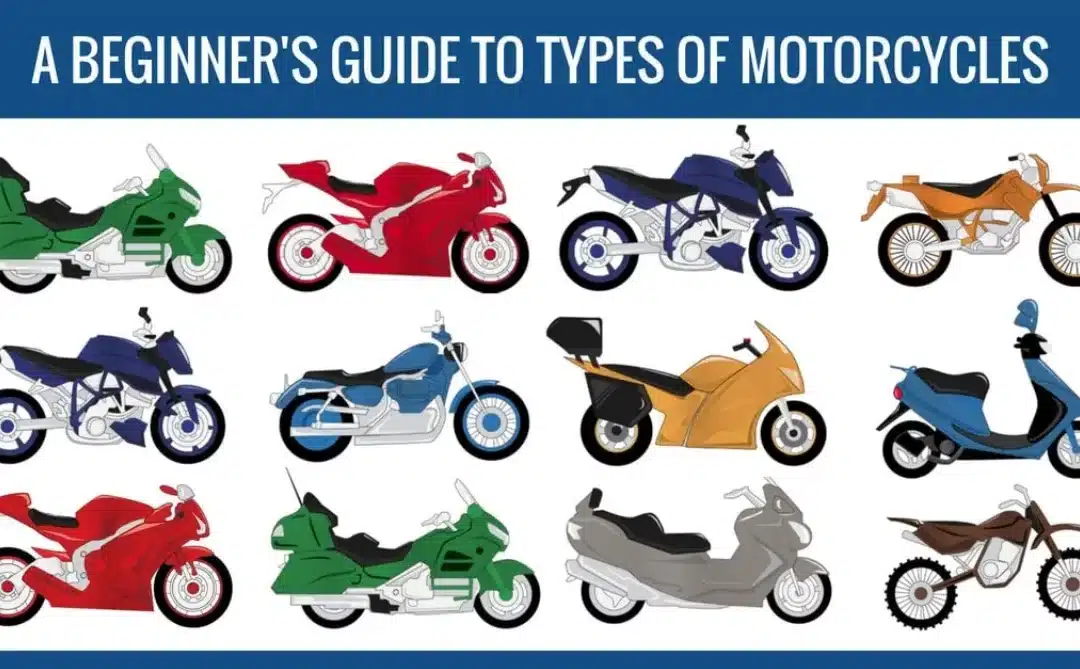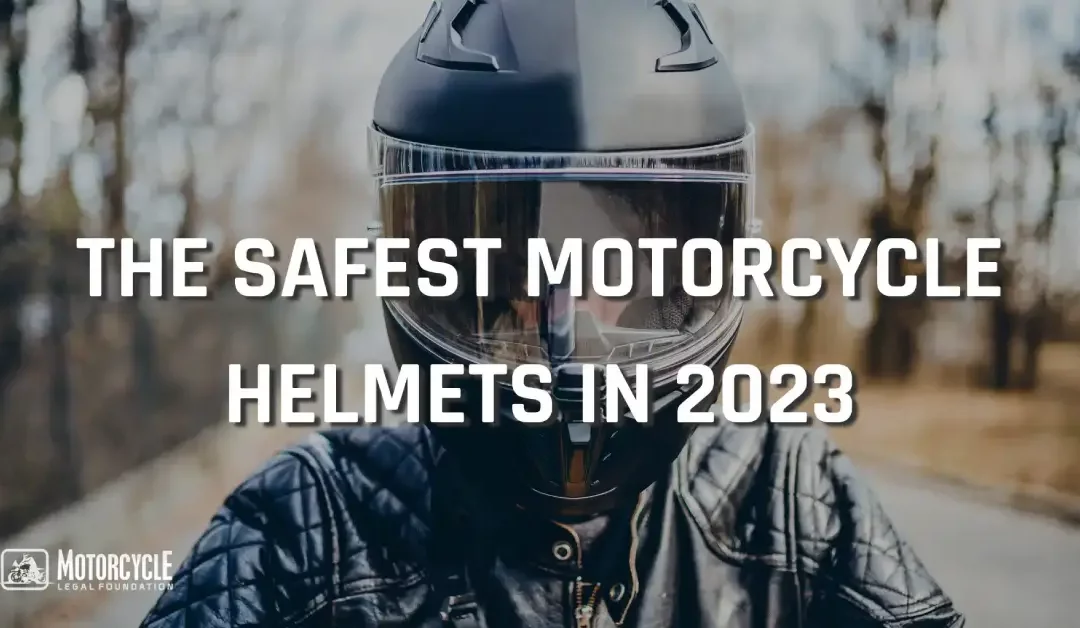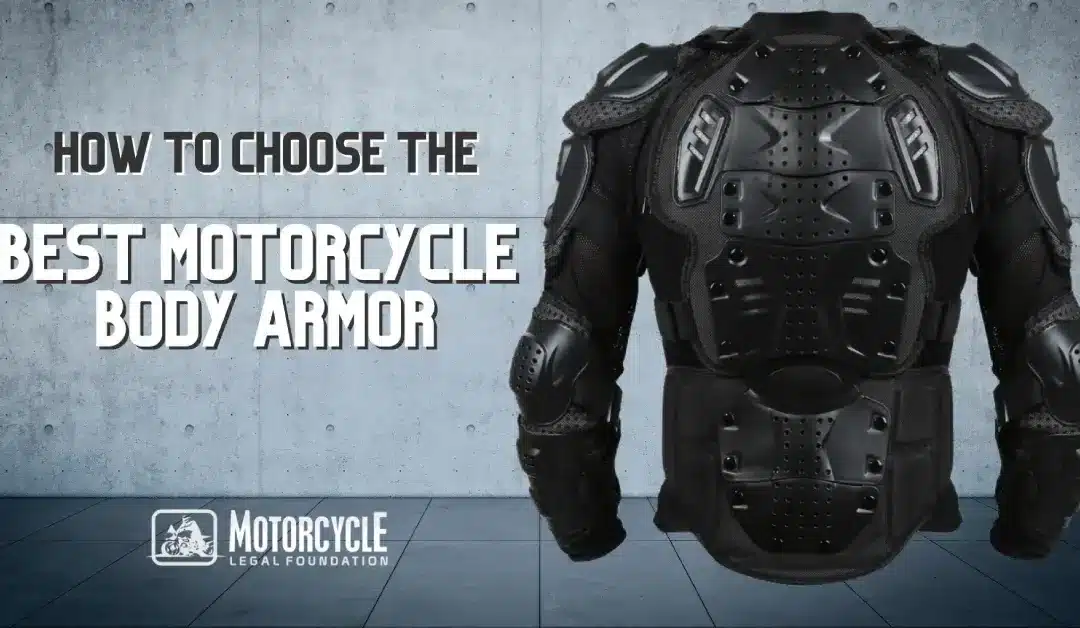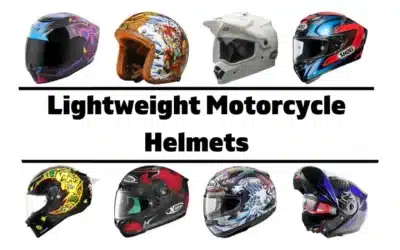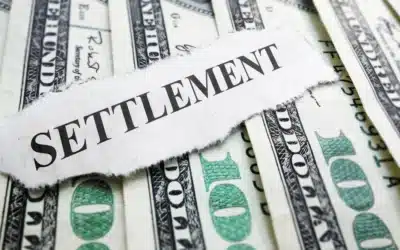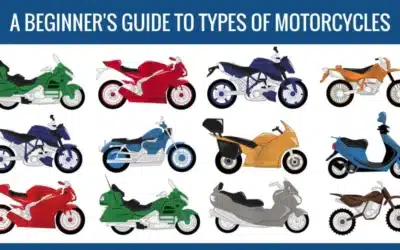Table of Contents
Add a header to begin generating the table of contents
The enjoyment riders get from cruising the backroads and highways on a motorcycle may come at a steep cost when there is a crash. Motorcycle riders are 29 times more likely to be killed in an accident than the occupants of passenger vehicles and four times more likely to be injured.
It has been established that wearing a motorcycle helmet reduces the risk of death in the event of an accident by 37% and the risk of injuries by 69%., which prompted many states to enact laws making helmets mandatory. Some states require helmets for all riders while other states set age restrictions. For example, Connecticut requires that a helmet be worn only by motorcycle operators and their passengers who are younger than 18 years of age.
Knowing the following information about helmets and the various state laws requiring that you wear one can keep you safe and prevent you from getting into trouble with the law. Penalties can be substantial, so we’ve provided some examples of how much is a ticket for no helmet in various states.
How Much is a Fine for No Helmet? Tickets Cost by State
Only three states, Illinois, Iowa, and New Hampshire, do not have some form of the helmet law. The rest of the states have either an age-restricted law making the use of a helmet mandatory for riders under a specific age or a universal helmet law requiring that all riders use them.
The fines and other penalties vary from state to state. The following gives you an idea of how much is a ticket for no helmet in some of some states:
- Alabama: Fine of $180.
- Alaska: A fine of $25 may be avoided by completion of a safety course.
- California: Fines range from $10 to $250.
- Connecticut: Fine of $90.
- Georgia: Penalties may include a fine of as much as $1,000, a year in jail, community service, or a combination of any of the three options.
- Louisiana: Fine of $50.
- Maryland: Fines may go as high as $500.
- Massachusetts: A fine of $100.
- Mississippi: Fine of $70.
- Missouri: A $25 fine.
- Nebraska: A $50 fine and $25 in court costs.
- Nevada: Fine amounts determined by local governments. For example, the fine is $205 in Las Vegas.
- New York: Fines can be as high as $100 with judges having the option to impose a 30-day jail sentence.
- North Carolina: The fine for operators is $25, but the court costs imposed are another $75. Passengers without helmets face a $10 fine.
- Oregon: Fine can be as much as $440.
- Tennessee: Minimum fine is $50.
- Virginia: Fines may be as high as $200.
- Washington: A fine of as much as $71.
State laws and the penalties imposed for violating them frequently change, so check the helmet laws for any states that you plan to be riding through before taking your motorcycle on the road.
What To Do if You Get Ticketed for Riding Without a Helmet?
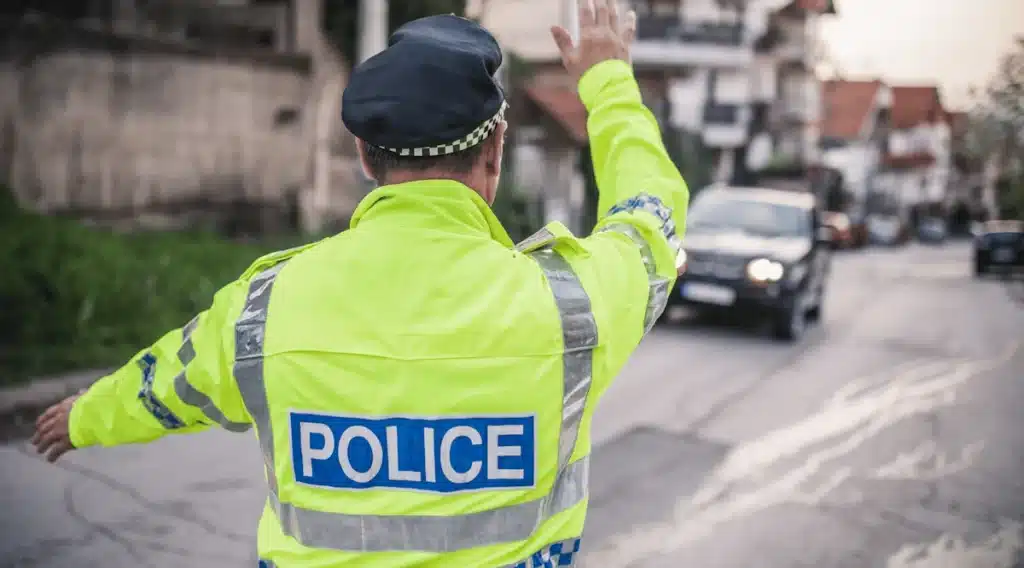
One thing you have going for you is that the burden of proving that you violated the law is on the police officer who wrote the ticket. How difficult or easy that will be, depends on the circumstances of the violation. For instance, if you were not wearing a helmet at all, your options may be limited.
Most traffic tickets come down to your word against the word of the police officer, so if the officer says you did not have a helmet covering your head, it would be difficult for you to refute it. Things are quite different if you are ticketed for using a helmet that was not DOT approved. You may have a shot at proving that you were wearing an approved helmet simply by bringing the helmet and its certification to court with you.
Rules and procedures to follow after receiving a ticket for violating a no-helmet law differ from one state to another, but they usually involve the following steps:
- You must answer the ticket. The police officer will write on the ticket the date by which you must plead guilty or not guilty. You do that either by going to court or by checking off a box on the back of the ticket and mailing it to a court. If you plead guilty, the reverse side of the ticket may have the fine and any court costs you must pay. All you need do is return the ticket with the guilty box checked along with a check for what you owe. If you plead not guilty, the court sends you a notice to appear for trial.
- Some states allow you to avoid a fine or a conviction by attending a state-approved safety course or traffic school. Satisfactory completion of the school or course results in the dismissal of the ticket.
- Some violations of the traffic laws may be corrected without going to court or pleading guilty. Equipment violations, such as a faulty headlight, may be resolved by showing proof that you had the problem resolved. Whether a no-helmet violation can be resolved in this manner depends on the law of that particular state.
- If you go to court for a trial, many states have gotten away from using prosecutors and relied on the police officer to present the evidence to prove that you committed the violation. Once the police officer or prosecutor finishes presenting evidence, you have the opportunity to present a defense.
- Upon completion of the presentation of evidence by both sides, a judge will decide whether the state proved its case against you.
It is important to keep in mind that laws and procedures differ dramatically depending upon where you get stopped for riding without a helmet. Some states no longer use courts and judges in traffic law violations. Instead, tickets are handled through a state, county, or city agency and the person deciding your fate is an administrative law judge.
Have You Been Involved In A Motorcycle Accident?
Our professional legal team screens submissions and assigns cases to some of the best motorcycle lawyers in the US.
Unfortunately, when you decide to fight a ticket for no helmet, it basically comes down to the police officer saying that on a specific date and time you were observed riding on a motorcycle without wearing a helmet as required by law. A couple of defenses to keep in mind include:
- If you were actually wearing a helmet, many cities now have cameras monitoring traffic at busy locations. You may be able to request a copy of the video showing you wearing a helmet. It’s a long shot, but it may be your only hope of avoiding a fine.
- A ticket issued in a state that requires helmets only for riders up to a specific age, proof of age to show the officer made a mistake and you are older and do not require a helmet may result in a dismissal.
- Check the helmet law in the state because some states only require operators and not passengers to wear a helmet.
One thing to never do when you receive a traffic ticket is avoiding answering it by the date written on the ticket or to not go to court when the case is scheduled for trial. Failing to answer or appear may result in a warrant being issued for your arrest or the suspension of your license to drive.
Importance of Using a Helmet when Riding
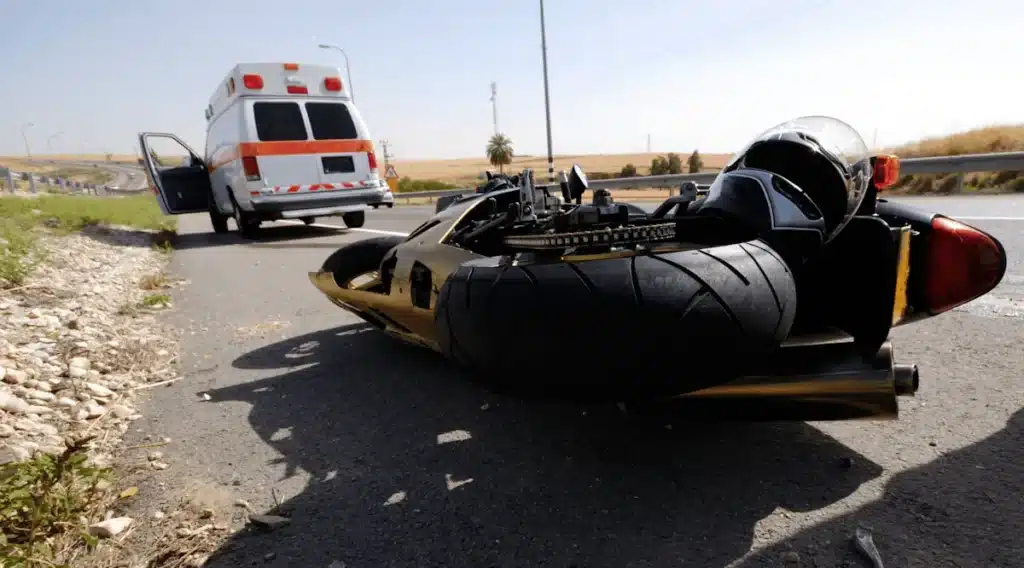
The lack of a steel frame, seatbelts, and other safety features that are now standard on other types of motor vehicles puts motorcycle riders at risk of serious injuries and death in a crash. A helmet offers some measure of protection to a rider in the following ways:
- The hard outer shell absorbs the impact of the head and face hitting a road surface, vehicle, or other objects.
- The design of the inner liner provides protection to the head by cushioning the impact.
- A chin strap keeps the helmet in place in a crash.
A helmet may not offer the type of protection afforded the occupant of a vehicle by airbags or a protective frame, but it protects riders from the serious and fatal head and brain injuries.
The benefit of helmet laws is that they force motorcycle riders to use something that has been proven to save lives and prevent injuries. Someone who may not be convinced of the importance of motorcycle helmets to protect them cannot avoid wearing one when the law imposes a fine or, in some instances, a jail sentence, for failing to buy and wear a motorcycle helmet.
Is it Safe to Ride without a Helmet?
The statistics from the CDC and NHTSA presented at the beginning of this article prove that motorcycle helmets save lives and reduce injuries, yet some people ignore the data and continue to ride without adding a vital layer of protection. Equally as clear the role that helmets play in protecting riders and their passengers is that helmet usage increases in states that have helmet laws.
As reported by the National Safety Council, helmet usage was higher in states with mandatory helmet laws than in other states. It also reported that the use of helmets meeting the DOT safety standards also was higher in states where penalties were imposed for not wearing a helmet while riding.


